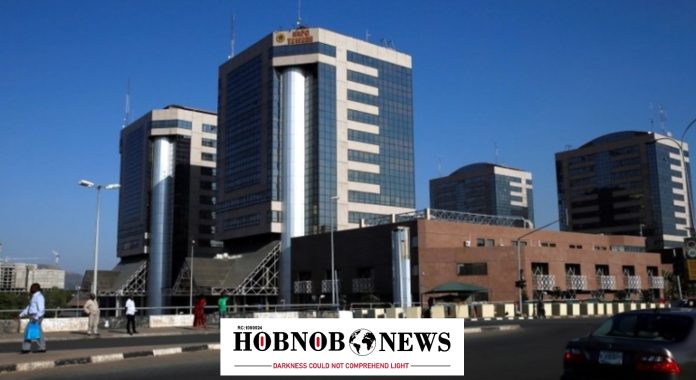A report from Nigeria’s Auditor-General’s office has raised serious concerns about the Nigerian National Petroleum Company Limited (NNPCL), accusing the state-owned oil company of misappropriating funds and diverting revenue intended for the Federation in 2021.
The findings were published in the 2021 annual audit report, which was made public in November 2024. The extensive 558-page document has been submitted to the National Assembly in compliance with Nigeria’s Constitution. According to the report, the NNPCL was involved in a range of financial irregularities, including unauthorised deductions, misappropriation, and diversion of funds.
One of the key allegations involves N82.9 billion being improperly deducted from federation revenue for refinery rehabilitation. The report points out that these deductions were made without proper authorisation and lacked the necessary approvals, violating Nigerian financial regulations. The audit also highlights the NNPCL’s failure to provide sufficient documentation to justify these deductions, leaving the funds unaccounted for.
The Auditor-General has recommended that the Group Chief Executive Officer (GCEO) of NNPCL should provide an explanation to the National Assembly’s Public Accounts Committees for the unauthorised deductions. The report further suggests that the misappropriated funds should be recovered and deposited into the government’s treasury.
The audit also points out that the NNPCL engaged in “irregular deductions” from its domestic crude sales, which violated both the Nigerian Constitution and Financial Regulations. Specifically, N343.6 billion was deducted from crude sales in March and May 2021 for various expenses, including pipeline losses and maintenance costs. However, auditors were unable to verify the legitimacy of these deductions because the NNPCL failed to provide detailed information on the costs. Additionally, the NNPCL only remitted N77 billion from the expected N127 billion, leaving a shortfall of N50 billion that has yet to be accounted for.
These actions have raised concerns that the NNPCL may have violated critical legal frameworks, and the auditor’s office is urging the company to explain the deductions and to return the unremitted funds to the Federation Account. The NNPCL management, however, has not responded to the queries raised by the Auditor-General.
Another alarming discovery in the audit report involves the warehousing of N83.6 billion in miscellaneous income from the NNPC’s joint venture operations between 2016 and 2020. This sum was allegedly placed into a sinking fund account instead of being deposited into the Federation Account, which is required by law. This practice, according to the Auditor-General, has contributed to the Federation’s reliance on borrowing. The report suggests that this might be an attempt to divert the funds, and calls for the money to be recovered and remitted to the treasury.
The audit also uncovered other unexplained payments. For instance, N3.7 billion was paid to a company as a shortfall in sales of petrol cargo, but no details of the transaction were provided. This lack of transparency is seen as a breach of financial regulations, which require that all government expenditures be fully documented and justified.
The report has prompted a response from the Socio-Economic Rights and Accountability Project (SERAP), which has called on the GCEO of NNPCL, Mele Kyari, to explain the missing funds as outlined in the audit report. SERAP has expressed concern over the apparent violation of public trust and the Nigerian Constitution, urging Kyari to identify those responsible for the missing funds and to hand them over to the relevant anti-corruption agencies, such as the Independent Corrupt Practices and Other Related Offences Commission (ICPC) and the Economic and Financial Crimes Commission (EFCC).
The findings in the report highlight deep-rooted issues within the NNPCL and raise serious questions about the management of Nigeria’s oil revenue. Critics argue that these irregularities have hindered the country’s economic development, contributed to widespread poverty, and deprived many Nigerians of opportunities. The report’s publication comes amid broader concerns about the effectiveness of Nigeria’s anti-corruption measures, and the Auditor-General’s recommendations could potentially trigger further scrutiny of the NNPCL and other government entities.
Despite the gravity of the allegations, the NNPCL has yet to address the findings or provide a clear response to the issues raised. As the report continues to attract attention, many are calling for accountability and transparency in the management of Nigeria’s oil wealth, with hopes that the investigation will lead to concrete actions to address the systemic issues highlighted in the audit.
This case underscores the challenges faced by Nigeria in tackling corruption and ensuring that public funds are used for their intended purposes. It also serves as a reminder of the importance of strong oversight mechanisms to ensure that government entities operate within the boundaries of the law. With the growing pressure on the NNPCL to answer for its actions, the spotlight is now on the company’s management and whether they will take the necessary steps to resolve these financial irregularities and restore public trust.

